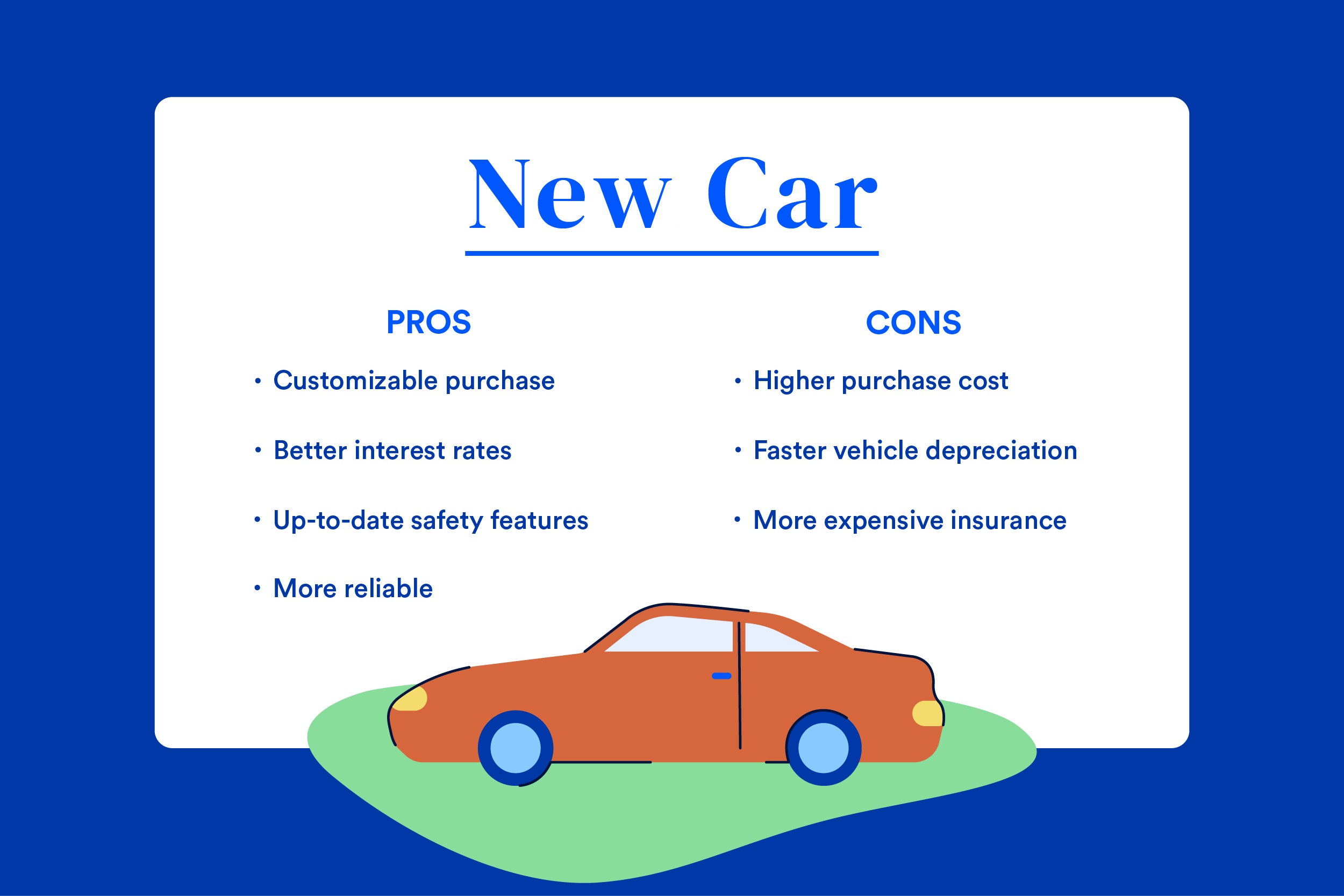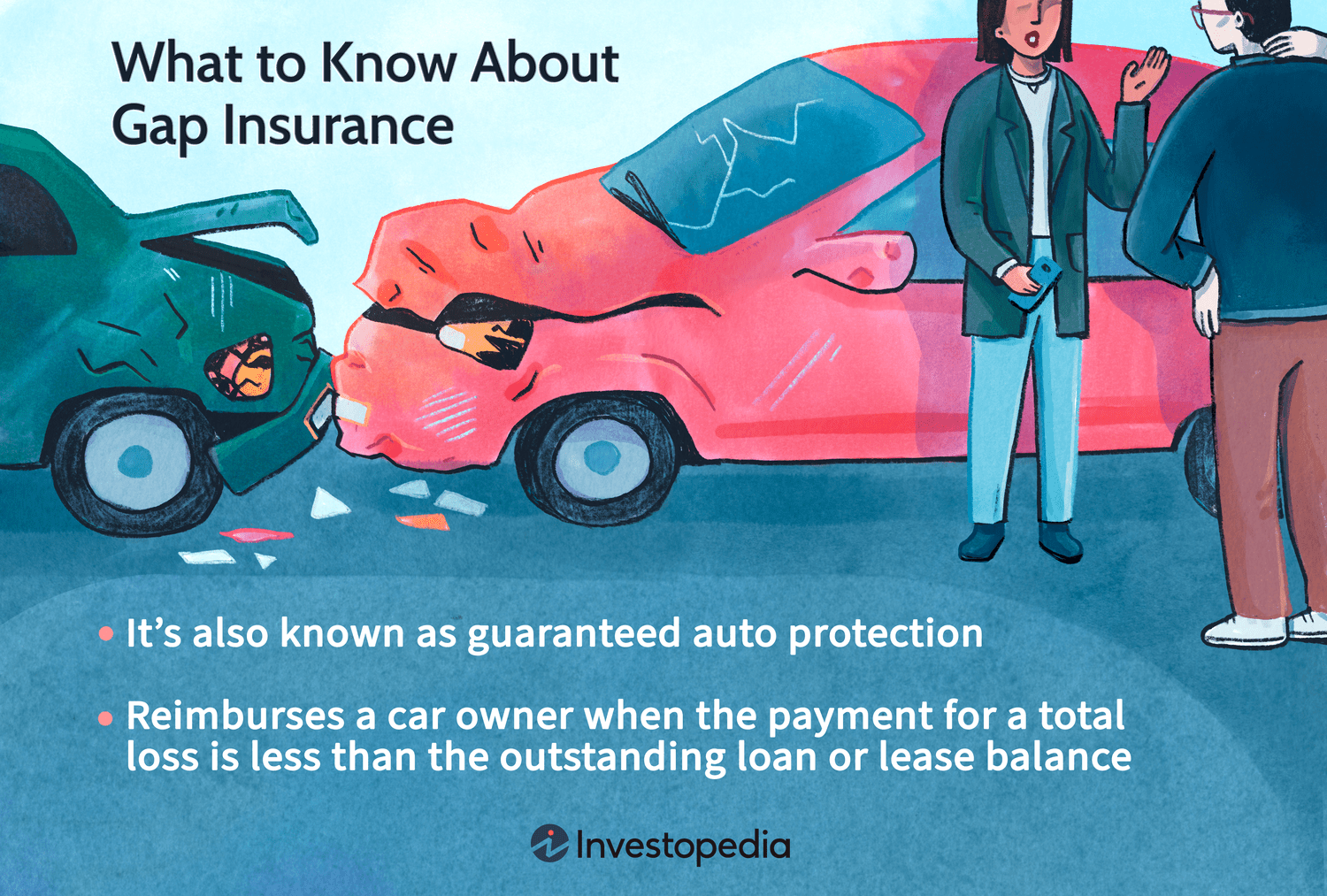How to Buy a Used Car in California
To buy a used car in California, start by researching and comparing vehicles online. Then, visit local dealerships or private sellers to inspect and test drive potential purchases.
Buying a used car in California can be an economical way to own a vehicle, especially considering the plethora of options available in this bustling car market. The Golden State offers a wide range of vehicles from dealerships, private sellers, and online platforms, catering to diverse preferences and budgets.
As a buyer, your goal is to secure a reliable car at a fair price, which requires due diligence, such as obtaining vehicle history reports and arranging pre-purchase inspections. Remember to familiarize yourself with California’s specific regulations, including emissions standards and transfer of title, to ensure a smooth and legally compliant transaction. With meticulous research and careful consideration, you can navigate the used car market confidently and drive away with a vehicle that best suits your needs.
Exploring The Used Car Market In California
Welcome to the sunny world of California’s used car market!
This guide explores the ins and outs of purchasing a pre-loved vehicle in the Golden State.
Current Trends And Prices
Understanding the current landscape helps make informed choices.
California’s market thrives on diversity, offering options for all budgets.
- Fuel-efficient cars lead due to high gas prices.
- Electric vehicles are gaining traction.
- SUVs and trucks remain popular for their versatility.
Prices vary widely, influenced by make, model, year, and condition.
| Vehicle Type | Average Price |
|---|---|
| Sedans | $10,000 – $20,000 |
| Electric | $15,000 – $30,000 |
| SUVs/Trucks | $20,000 – $40,000 |
Benefits Of Buying Used Over New
Consider benefits to make the choice that fits your needs.
Buying used offers many advantages:
- Significant savings on purchase price
- Lower insurance costs
- Depreciation hits new cars harder
Used cars have a proven track record for reliability.
Choose certified pre-owned for additional assurance.

Credit: www.mccormickinsure.com
Finding The Right Used Car
Embarking on the quest to find the perfect used car in California might feel overwhelming. The Golden State offers a vast car market. It’s essential to narrow down choices by pinpointing needs and performing thorough research. Here’s how to steer through the process of finding a used car that fits like a glove.
Determining Your Vehicle Needs
Consider everyday requirements before setting your heart on any vehicle. For instance:
- Fuel efficiency for long daily commutes
- Safety features for family protection
- Car size for fitting parking spaces
A table can help weigh different vehicle priorities:
| Need | Vehicle Feature |
|---|---|
| Transporting gear | SUV or truck with ample space |
| Carpooling | Minivan or sedan with extra seating |
| City driving | Compact car for maneuvering and parking |
Researching Models And Reviews
Dig into car models that meet your needs. Reliable sources for reviews include:
- Consumer Reports for unbiased opinions
- Edmunds for expert reviews and pricing
- Kelley Blue Book for value assessments
Check out owner forums for first-hand experiences with models you’re considering. This approach ensures a well-rounded understanding of the car’s performance and potential issues.
Pre-purchase Considerations
Before you commit to a used car, careful planning is key. California has unique rules to navigate. You need to check a car’s past and condition thoroughly. Here’s what to keep in mind:
Understanding California Car Regulations
California’s environmental standards are strict. Make sure used cars meet these before buying. Check for a valid smog certificate. It should be from the last 90 days.
- Ensure the car has a California emission label.
- Title transfer fees vary. Know the cost ahead of time.
- Lemon laws protect buyers. Learn these in case issues arise.
Vehicle History Reports And Inspections
Vehicle history reports reveal a car’s life story. They list past owners, accidents, and service records. A clean report means a good start.
Pre-purchase inspections are crucial. A mechanic’s check can save you from future costs. They look for engine trouble, body damage, and worn parts.
| Inspection Area | Details to Check |
|---|---|
| Body | Look for rust, dents, and paint condition. |
| Engine | Check for leaks, noises, and oil condition. |
| Tires | Measure tread depth, check for even wear. |
Follow these guidelines, and you’ll be on your way to finding a reliable used car in California.
Navigating The Purchase Process
Embarking on the journey to purchase a pre-owned vehicle in California requires savvy navigation. Key decisions like choosing between a private seller and a dealership can vastly change the experience. Smart price negotiation is equally crucial. This guide walks through the essentials of a smooth purchase process for your next used car in the Golden State.
H3 Heading: Private Sale vs. Dealership Advantages
Private Sale Vs. Dealership Advantages
Opting for a private sale or a dealership each hold unique benefits.
| Private Sale | Dealership |
|---|---|
| Potentially lower prices | Variety of financing options |
| Direct negotiation with owner | Professional sales expertise |
| No dealership fees | Possible warranties and certifications |
| See the car’s history firsthand | Mandatory background checks on vehicles |
Price Negotiation Strategies
To secure the best deal, employ strategic negotiation tactics.
- Do your homework: Research the vehicle’s market value.
- Inspect the car: Check for any issues that can lower the price.
- Start lower than your max offer: Allow room to negotiate upwards.
- Be ready to walk away: This shows you’re not desperate to buy.
- Close the deal: When satisfied, finalize the terms.
Finalizing The Sale
Finalizing the sale of a used car in California marks the exciting final step toward your new set of wheels. Yet, it’s important to button up all the details properly. Let’s make sure you’ve got everything in order from crucial paperwork to insurance and registration. Adhering to the legal requirements is a must for a smooth transition of ownership.
Essential Paperwork And Legal Requirements
Completing the sale involves a few key documents:
- Title: The seller should provide a clear title. Make sure it bears no liens.
- Bill of Sale: This document outlines the terms of the sale and protects both parties.
- Release of Liability: Submit within 5 days of the sale to the DMV. It frees the seller from future tickets and liabilities.
- Smog certification: Needed for vehicles older than four years unless exempt. It should be no more than 90 days old.
- Odometer disclosure: Required for vehicles less than 10 years old to ensure mileage accuracy.
Gather these documents to avoid any legal issues down the road.
Securing Insurance And Registration
Insurance is your next step. California law requires all vehicles to have active insurance coverage. Contact an insurance provider to set up a policy according to your needs. You’ll need proof of insurance to register the car.
For registration, visit your local DMV with the necessary paperwork:
- Completed Title or Application for Duplicate Title form
- Smog certificate
- Bill of Sale
- Proof of insurance
- Valid ID
- Payment for fees
The DMV will issue a new registration and license plates if needed. Congratulations are in order once these final steps are outsourced, you’ll be ready to hit the California roads legally and safely!

Credit: dcba.lacounty.gov
Post-purchase Actions
Congratulations on your used car purchase in California! Now, it’s time to focus on the post-purchase actions to ensure your car is safe, efficient, and compliant with state regulations. These steps will not only help maintain your car’s performance but also give you peace of mind.
Maintenance Tips For Your ‘new’ Used Car
Regular upkeep is vital for your vehicle’s longevity. Here are some maintenance tips:
- Check the oil level monthly and change it as recommended.
- Inspect tires for wear and ensure they’re properly inflated.
- Test all lights and signals to confirm they’re functioning.
- Replace wipers to maintain visibility during California’s rainy season.
- Stay on top of fluid levels: brake, transmission, coolant, and power steering.
- Consider a professional mechanic’s inspection annually.
Resources For California Used Car Owners
We’ve compiled a list of resources to keep your used car in top shape:
| Resource | Description | Website |
|---|---|---|
| DMV | Registration and title transfer tools | dmv.ca.gov |
| BAR | Smog check info and consumer assistance | bar.ca.gov |
| CHP | Vehicle theft and safety resources | chp.ca.gov |
For a smooth ownership experience, familiarize yourself with the Bureau of Automotive Repair (BAR) and California Highway Patrol (CHP) sites. They provide valuable information on vehicle maintenance, safety standards, smog requirements, and theft prevention.
Frequently Asked Questions On How To Buy A Used Car In California
What To Look For When Buying A Used Car?
When buying a used car in California, inspect the vehicle thoroughly. Check for body damage, tire condition, and engine performance. Review maintenance records and have a trusted mechanic perform a pre-purchase inspection.
How To Transfer Used Car Ownership In Ca?
To transfer ownership of a used car in California, ensure the seller provides a signed title and smog certificate. Complete a Notice of Transfer and Release of Liability form. Submit all documents to the DMV and pay relevant fees.
Can I Return A Used Car In California?
In California, used cars are typically sold ‘as is’ with no return policy. However, under the California Car Buyer’s Bill of Rights, you may have a return option if offered by the dealer and the contract includes this provision.
What’s The Best Time To Buy A Used Car?
The best time to buy a used car is often at the end of the month, year, or during holiday sales. Dealers may offer discounts to meet sales targets. Off-peak times during weekdays can also present good negotiation opportunities.
Conclusion
Navigating the used car market in California can be a breeze with the right approach. Arm yourself with knowledge, negotiate skillfully, and prioritize a thorough inspection. Remember, every successful purchase hinges on preparation and patience. Happy motoring as you embark on the journey to find your perfect pre-owned vehicle!




